Disney’s fascination with live action remakes of their animated back-catalog produces another notch in the proverbial belt this week with the release of Aladdin, Guy Ritchie‘s spin on the 1992 classic. A film that, frankly, was one of this critic’s earliest cinematic obsessions. It was the talk of my 5th grade playground, and you better believe that my friends and I all were chomping at the bit to get ahold of the direct-to-video sequel that came out a year later. Putty to be molded in the mouse’s hands, we were.
2016’s The Jungle Book was a strong hit for the studio, playing with fidelity to the memories of those who wanted to relive the old effort with new eyes, while also providing an entre for a younger audience who may never have come into contact with the original. That Disney can do all of this without having to expend a lot of creative energy is probably the point, one that rankles me a bit as a critic and cinephile, but on the other hand, the immediate access it gives to children new to the material, having to make due with Disney’s ridiculous system of “vaulting” their films, gives way to some level of merit even if it’s nothing more than a self-fulfilling prophecy.
Aladdin, the live-action take, is basically a beat for beat recreation of that earlier film. The plot is the same (with a tiny additional wrinkle or two), the songs remain the same (with a tiny additional wrinkle or two), even the performances are basically pitched in league with the original’s voice talent. There’s little in the way of surprises to be found here. But, to Ritchie and team’s credit, they have a wonderful backbone to work from and they avoid any temptation to fix what isn’t broken. The epic of Aladdin’s quest to win over the heart of Princess Jasmine, his discovery of the lamp in the Cave of Wonders, and his struggle with Jafar remains a fairly propulsive proposition, though there’s a creakiness that’s hard to shake and the new elements that are added are a mixed bag.
For it’s first half-hour, Ritchie’s effort gets off on a terrible foot, opening with the Arabian Nights framing device (this time sung with as much pitch correction as possible via a bearded boatman played by Will Smith). We’re introduced to Jafar’s (Marwan Kenzari) struggle to find the “diamond in the rough” that will be allowed to enter the tiger-headed cave that holds the magic lamp that will allow the villain the unlimited power he seeks. It’s all very quick paced and in your face, and hits an awkward boiling point when we’re first introduced to Aladdin (Mena Massoud), a starving thief, who scampers through Agrabah parkour style while warbling through the Menken/Rice “One Jump Ahead” number.
Massoud, an exceptionally attractive figure, looks like the cartoon hero come to life. Physically, you couldn’t cast a better real-life realization, and vocally, he acquits himself fairly well in line with the Scott Weinger/Brad Kane combo that teamed up to bring the original portrayal to bear. Sadly, his line readings are where this Aladdin falls rather short. Even up-front, trouble rears its head in this arena, as it often seems like Massoud is trying to scan cue-cards right off camera. It’s a consistently off-note performance that only gets marginally better as the Genie (again Smith) strides onto screen or he’s able to hide behind the cgi spectacle and well-worn musical numbers.
Naomi Scott‘s Jasmine fares much better, with a “blow you away” singing style and an ability to make the role her own beyond mere mimicry. A star-making turn, and Disney knows it, having supplied her with a new zeitgeisty song that doubles as a bit of a reach for Top 40 radio airplay. That’s it’s completely of a different songwriting style and sticks out like a sore thumb only serves to highlight that latter bit of manipulation.
Ironically, the element that struck the most condemnation from the general populace, Will Smith’s Genie, is actually the film’s saving grace (though I might argue Billy Magnussen‘s very brief but hilarious and strange appearance as Prince Anders is a close second). Filling Robin Williams’ shoes is a difficult task, and when he first appears, Smith’s iteration of the genie is indeed the blue hued nightmare that we feared it would be. There’s a dissonance in his vocal work and the cgi’d body that stands in for him that is rather off-putting, but once Smith settles into his actual on-screen role and his patented charm sets in, Aladdin becomes a much better experience for it.
Like in Suicide Squad just a few years before, Smith – a very affable and charming presence – is able to command your attention regardless of what surrounds him. His casting makes plenty of sense in context as well, as his outsized moviestar personality is one of the few that could live up to and escape from Williams’ shadow. On that subject, the film adds just a little more character flavoring for the genie, dropping in a romantic interest in Dalia (Nasim Pedrad). Much like Jasmine’s new song, it only serves to provide a sense of whatever proverbial boxes the powers that be were left unchecked, in this case: “what if the Genie f*cked?”
Lavish costumes aside, what really sticks out is the somewhat flimsy approach to production design. It’s a startling thing to say, but the computer generated imagery here actually outshines the practical sets and location shooting. More reminiscent of a Broadway production, it looks like Aladdin could lean the wrong way and bring the entire walls of his home down with him. There’s an admitted charm there, but it’s unusual to see a Disney production look so paper thin on purpose. One could argue it was done this way to strike a strong chord between the ordinary and the fantastic, but most likely it was just a cost saving measure.
Once Aladdin finds its groove, it slots itself firmly as fun, escapist entertainment, but it never really addresses the emphatic nature by which it needed to exist in the first place, certainly not during its running time.


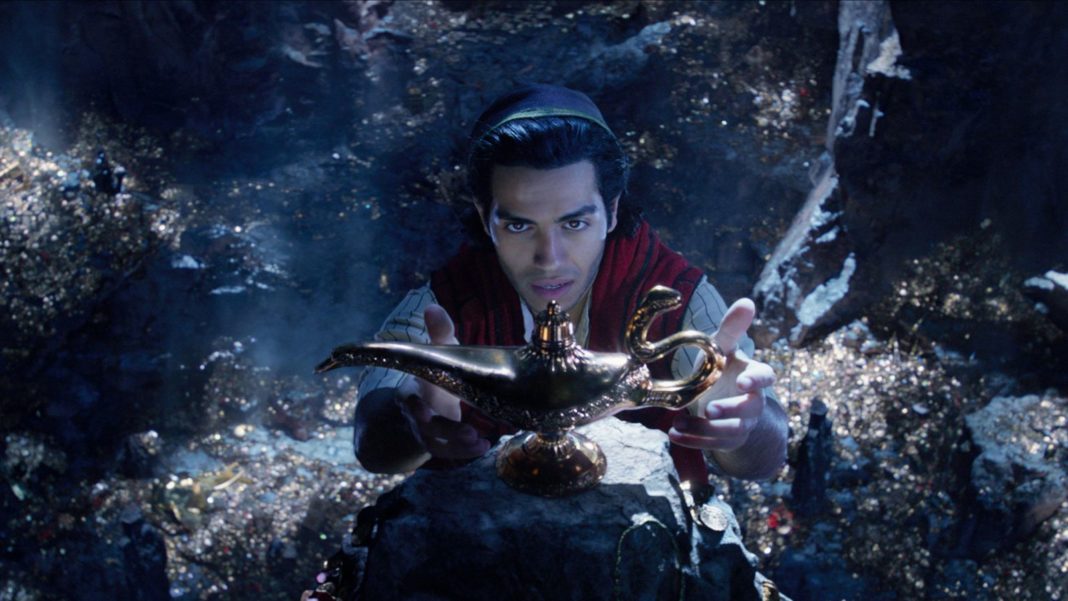
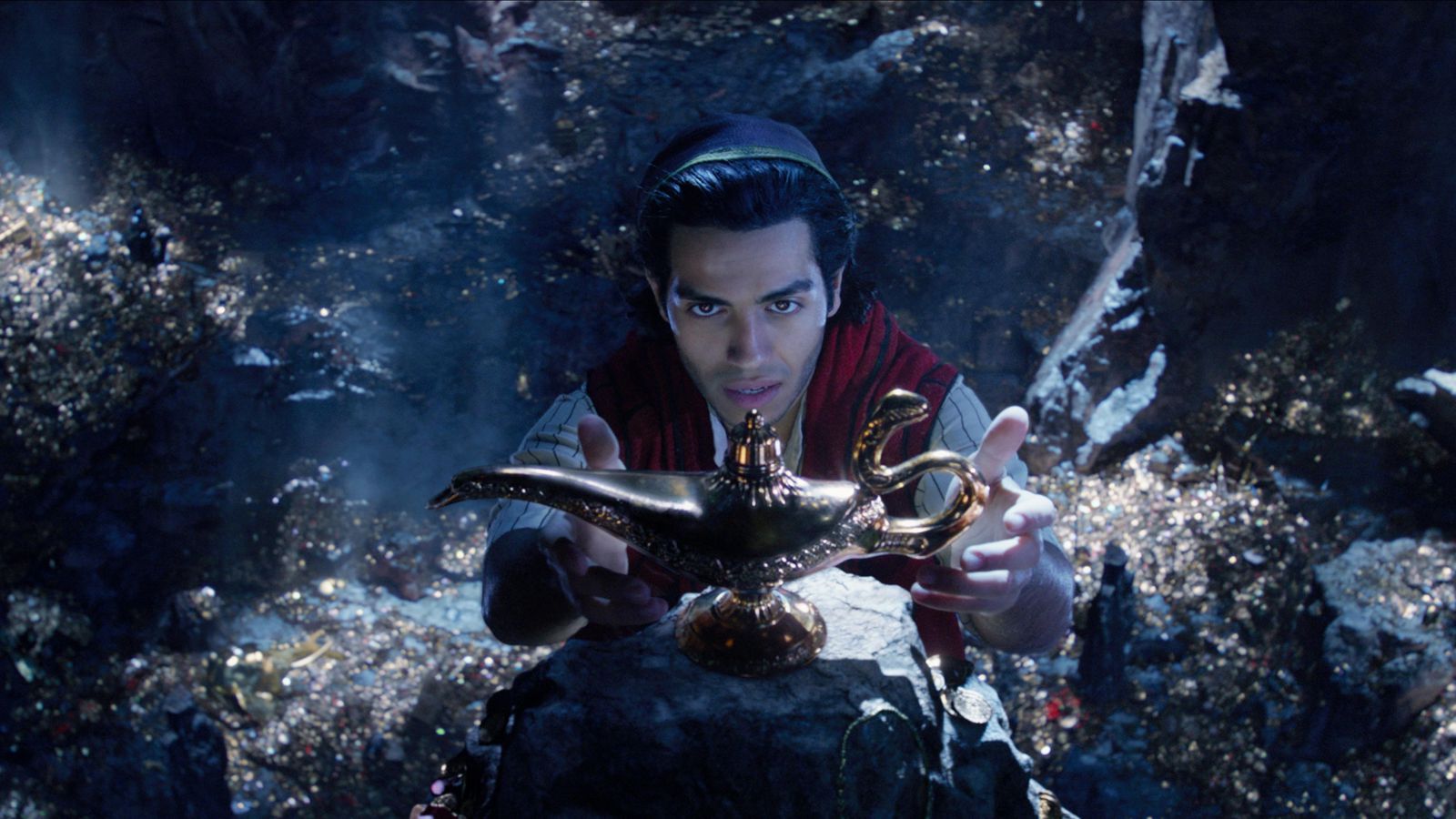
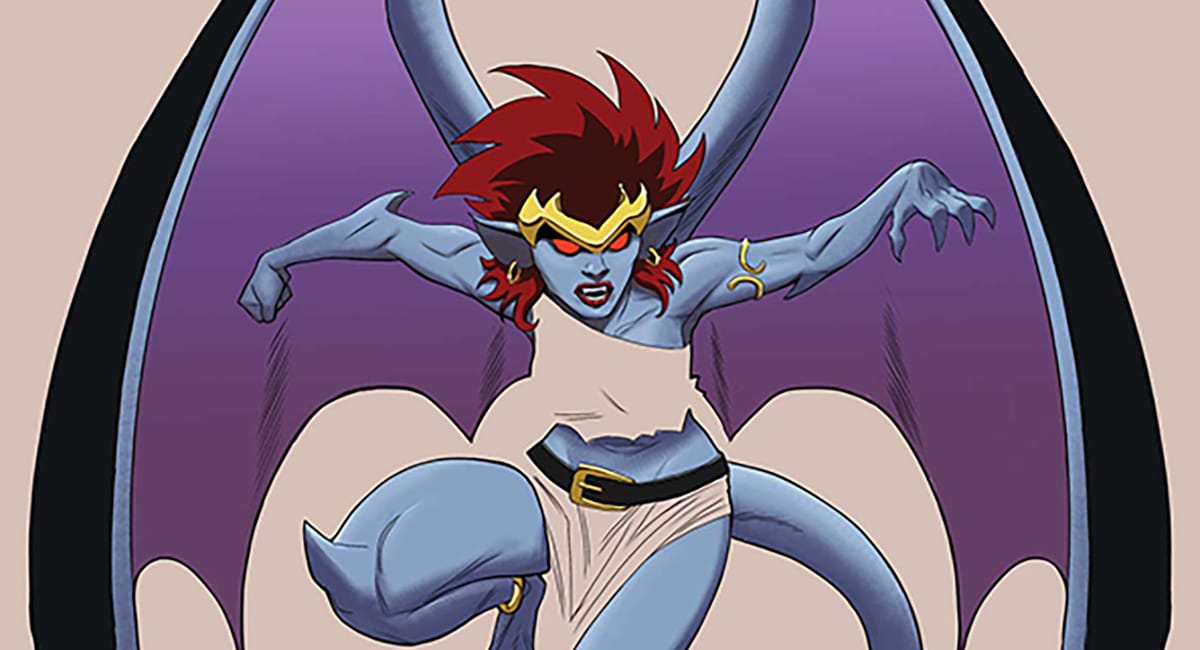
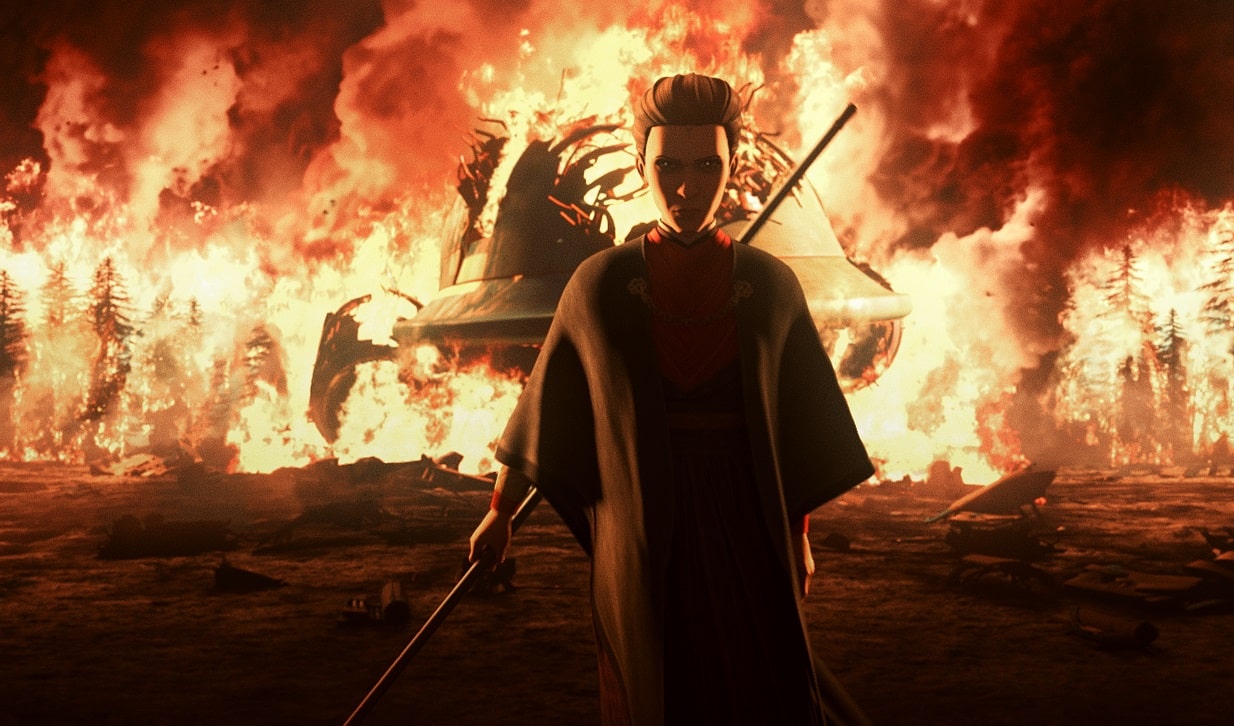
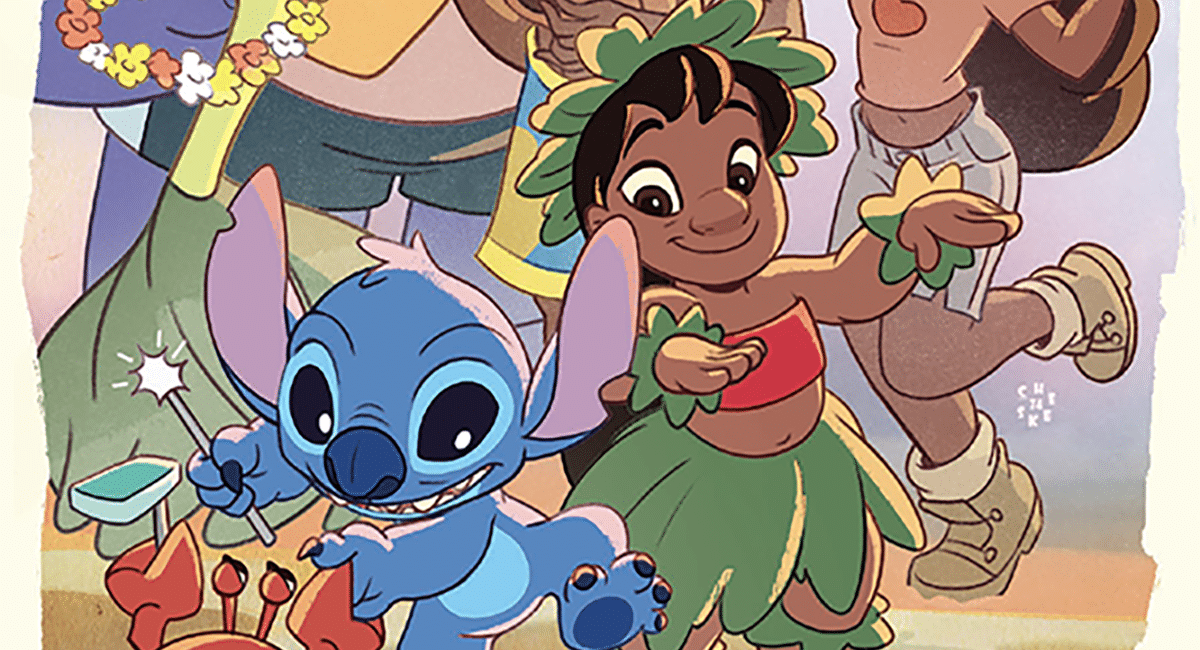
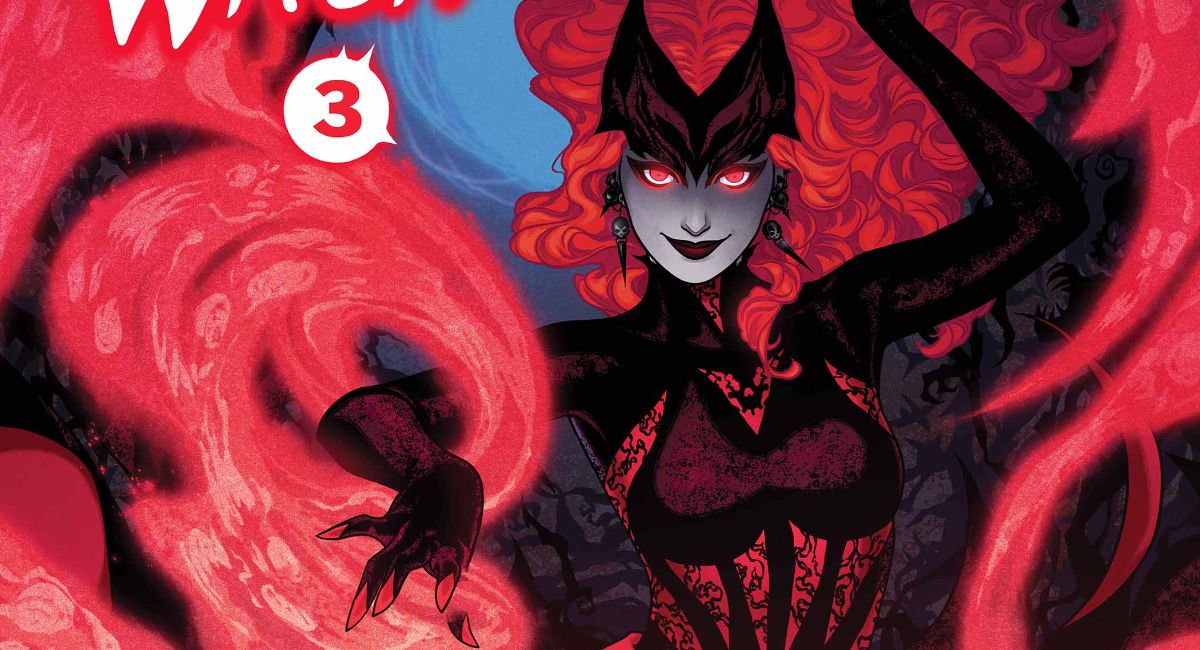


To hell with Disney’s remakes. I’m gonna see BOOK SMART this weekend.
Comments are closed.